Symantec announces its data encryption plans
After anti-malware and firewalls, the company moves deeper into data protection.

Sign up today and you will receive a free copy of our Future Focus 2025 report - the leading guidance on AI, cybersecurity and other IT challenges as per 700+ senior executives
You are now subscribed
Your newsletter sign-up was successful
Symantec has revealed its plans for three companies it acquired this year, marking a bold move into the data encryption business.
The security specialist announced that it will be releasing three related products a year from now.
The first will be based on Whole Disk Encryption created by PGP, which it bought in June, along with GuardianEdge. Symantec said it will add support for Advanced Encryption Standard New Instructions (AES-NI). The AES extension was announced by Intel earlier this year to enable encryption conversions to work more efficiently with Intel Core processors.
The PGP product will also support another Intel technology. Anti-Theft (AT) has been added to select Core and Core vPro chips to allow a remote poison pill' to be activated. This renders the computer unusable if a laptop goes missing or is decommissioned but can be reversed if a lost computer is recovered.
Symantec also announced that GuardianEdge's Device Control will be rebranded to establish its Endpoint Encryption product line. Endpoint Encryption Device Control will target removable storage devices and control port access, monitor device usage and audit file transfers to these drives. The company will also add Mac OS X support for Apple's computer range.
The third announced product has also been derived from the GuardianEdge portfolio. It will be called Symantec Endpoint Encryption Removable Storage Edition. As a companion to the Device Control product, this will exercise access and transfer control over data transfers based on file content.
The third acquisition was authentication specialist Verisign in August. Symantec said it is still formulating detailed plans for integration with its products. One possibility the company outlined was the combination of secure access with PGP's encryption products to harden system security.
Sign up today and you will receive a free copy of our Future Focus 2025 report - the leading guidance on AI, cybersecurity and other IT challenges as per 700+ senior executives
Symantec is a highly acquisitive company and the Verisign buy-out is the 69th acquisition the company has made since its founding in 1982.
-
 Pulsant unveils high-density data center in Milton Keynes
Pulsant unveils high-density data center in Milton KeynesNews The company is touting ultra-low latency, international connectivity, and UK sovereign compute power to tempt customers out of London
-
 Anthropic Labs chief claims 'Claude is now writing Claude'
Anthropic Labs chief claims 'Claude is now writing Claude'News Internal teams at Anthropic are supercharging production and shoring up code security with Claude, claims executive
-
 Power stations under attack from long-running hacking campaign
Power stations under attack from long-running hacking campaignNews Dragonfly threat group is ramping up activities, say researchers
-
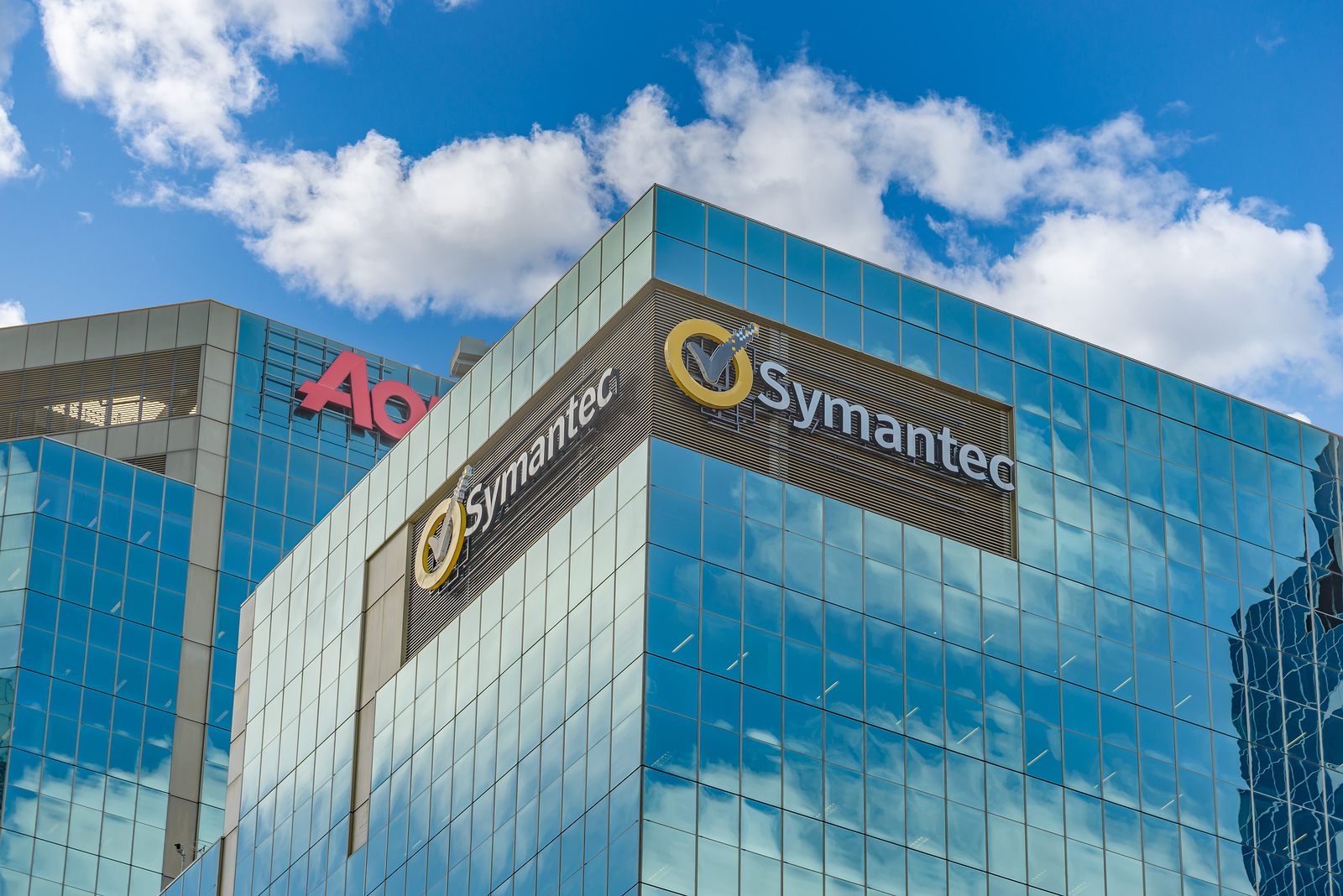 Symantec profits surge as firms prop up their cyber defences
Symantec profits surge as firms prop up their cyber defencesNews The company also announced plans to sell its web certificate business
-
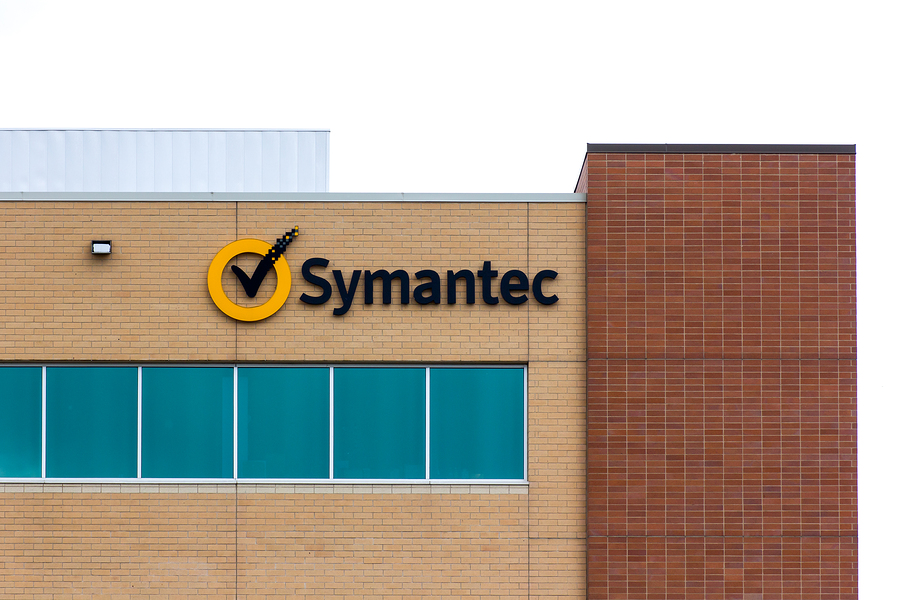 Symantec to pay $4.65 billion to acquire Blue Coat
Symantec to pay $4.65 billion to acquire Blue CoatNews Greg Clark to become Symantec CEO, promising new cloud security
-
 Symantec ditches reseller guilty of scamming PC users
Symantec ditches reseller guilty of scamming PC usersNews Silurian told people they had malware, then sold them Norton Antivirus for $249
-
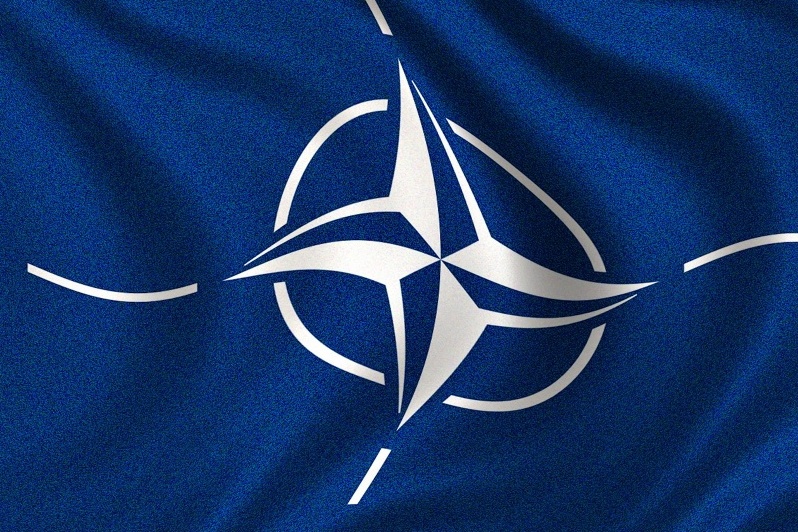 NATO builds up cyber alliance with Symantec tie-in
NATO builds up cyber alliance with Symantec tie-inNews Military industrial link up to fight cyber attacks
-
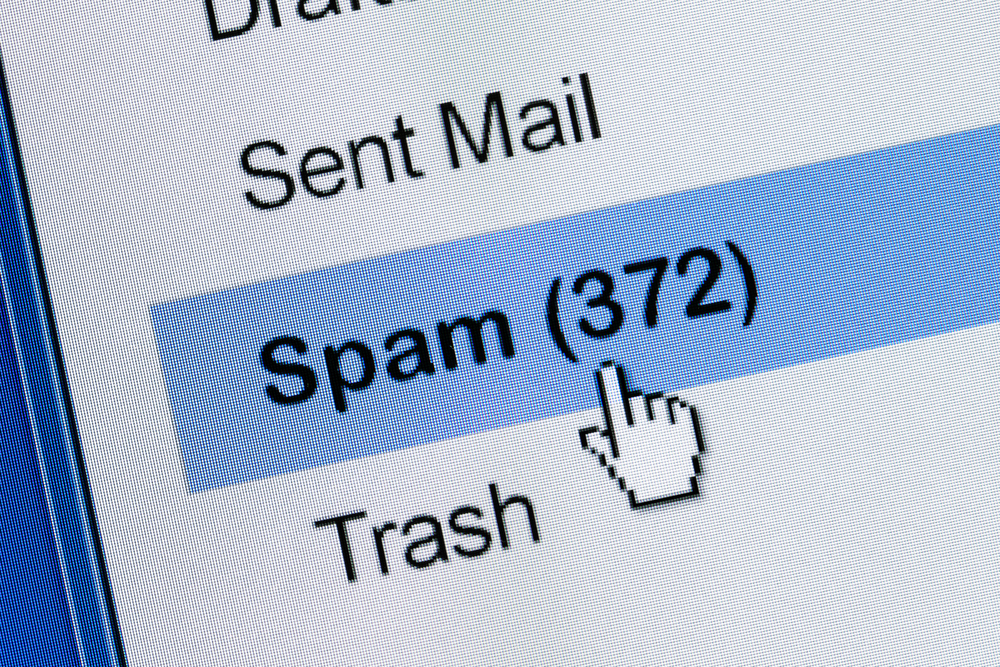 Junk emails fall to their lowest rate in 12 years
Junk emails fall to their lowest rate in 12 yearsNews Spam is dropping, says Symantec, but other malware threats are on the rise
-
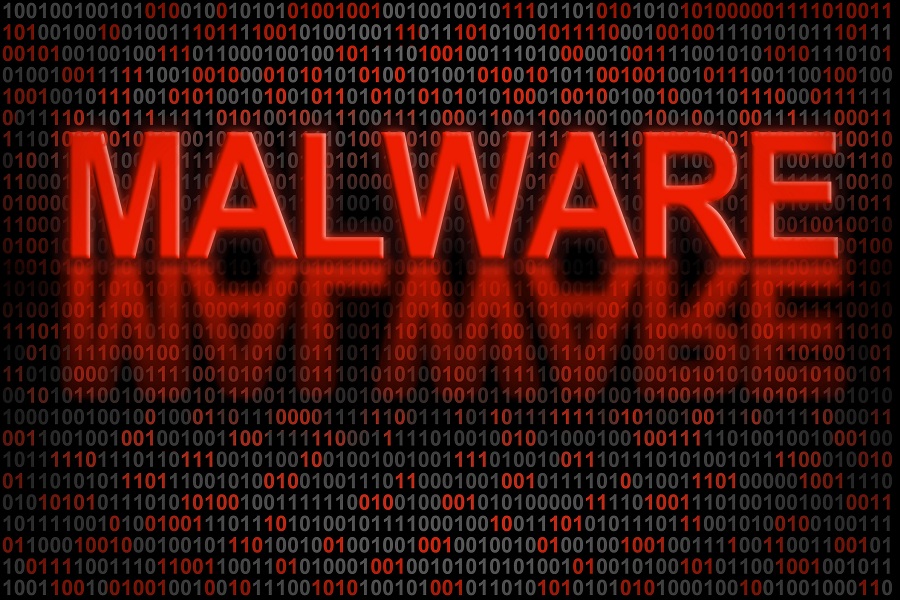 Kaspersky: "We have never been asked to whitelist malware"
Kaspersky: "We have never been asked to whitelist malware"News A company blog has revealed neither government nor any other entity has asked it to stop detecting malware
-
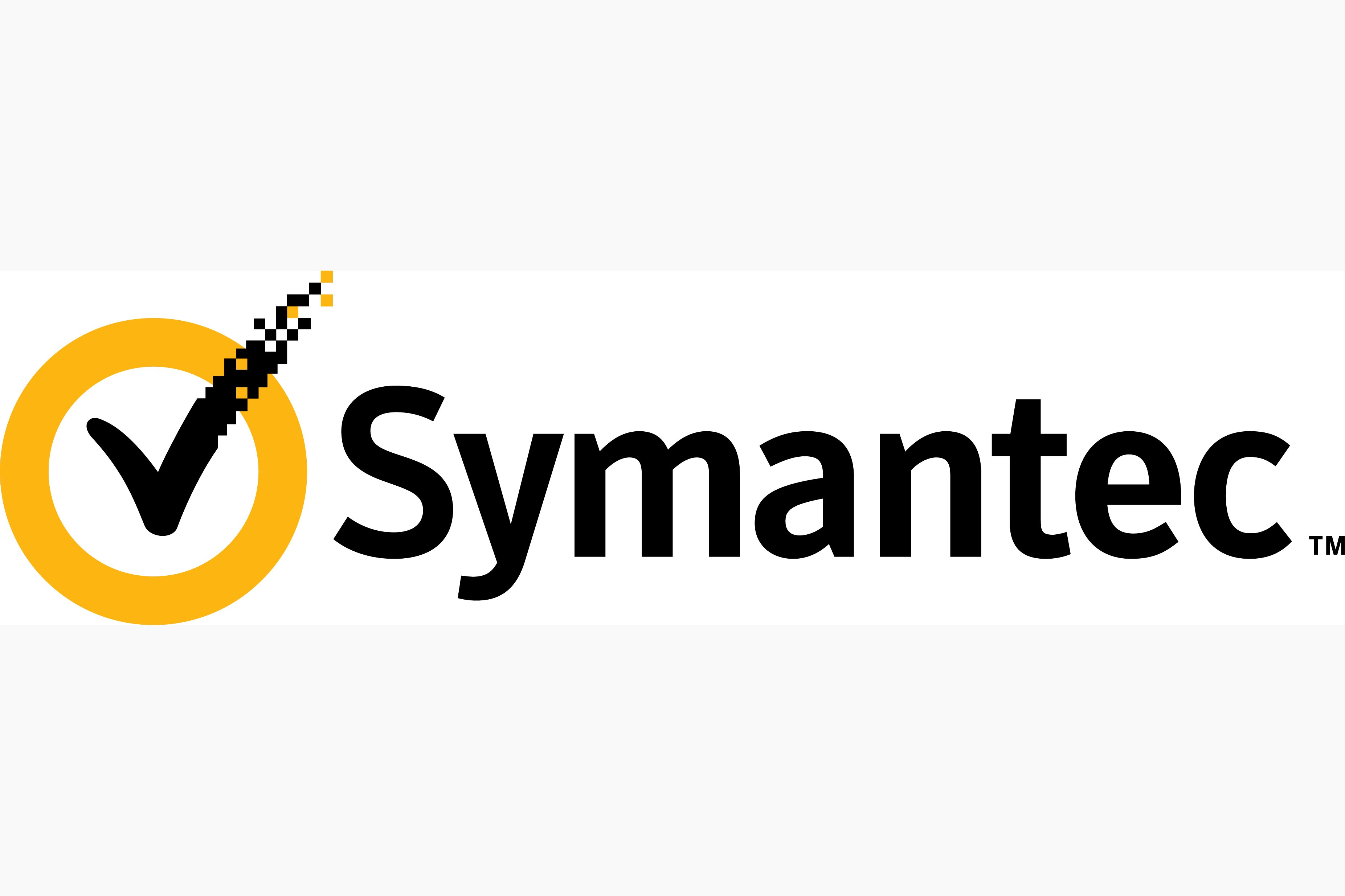 Symantec confirms split into separate security & storage entities
Symantec confirms split into separate security & storage entitiesNews Storage and security will be separated as Symantec tries to boost sales in both